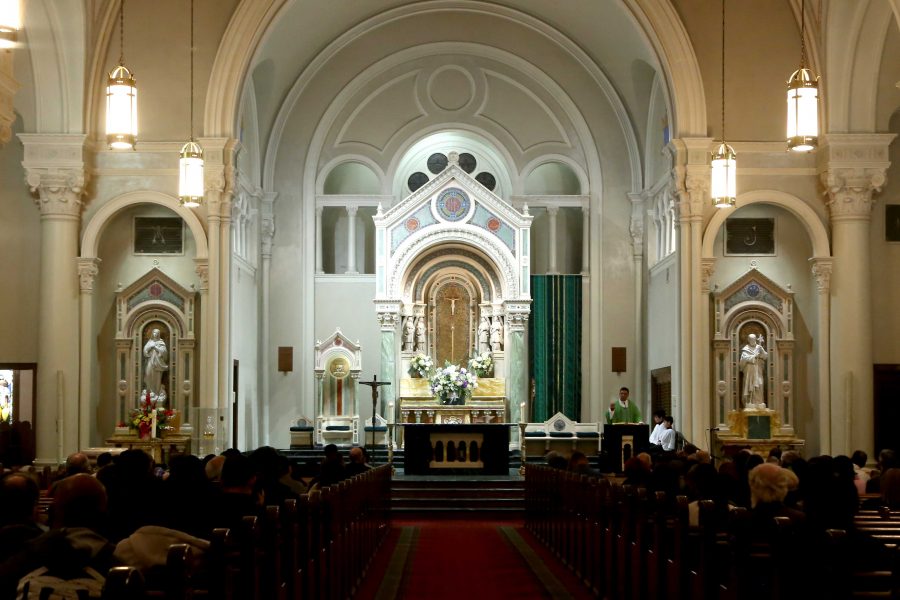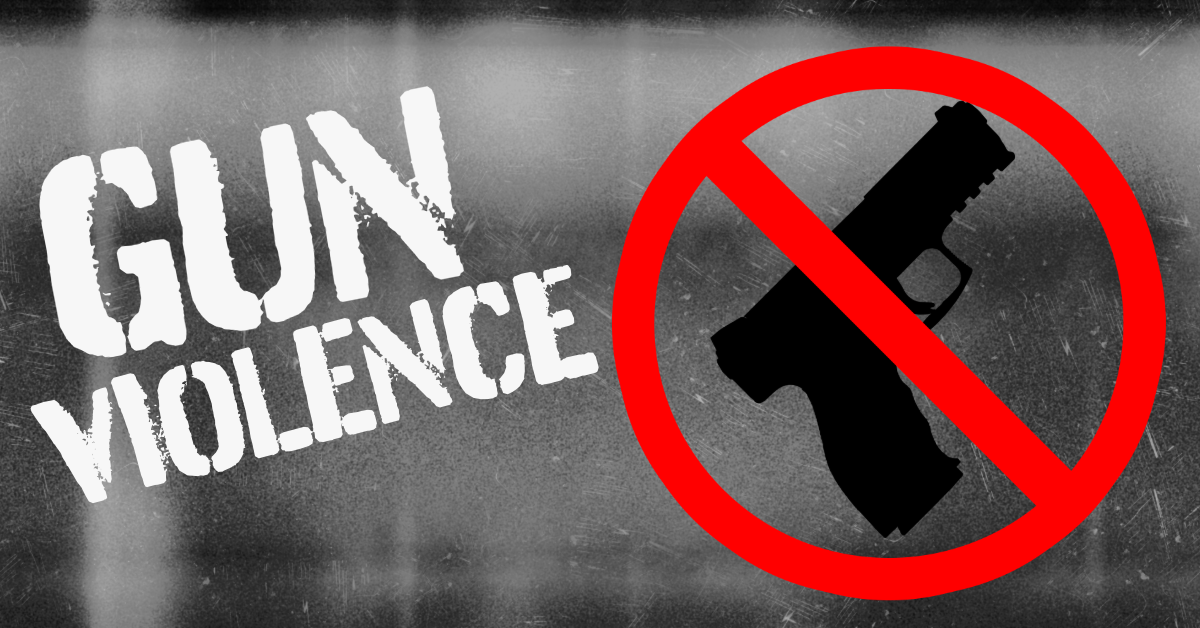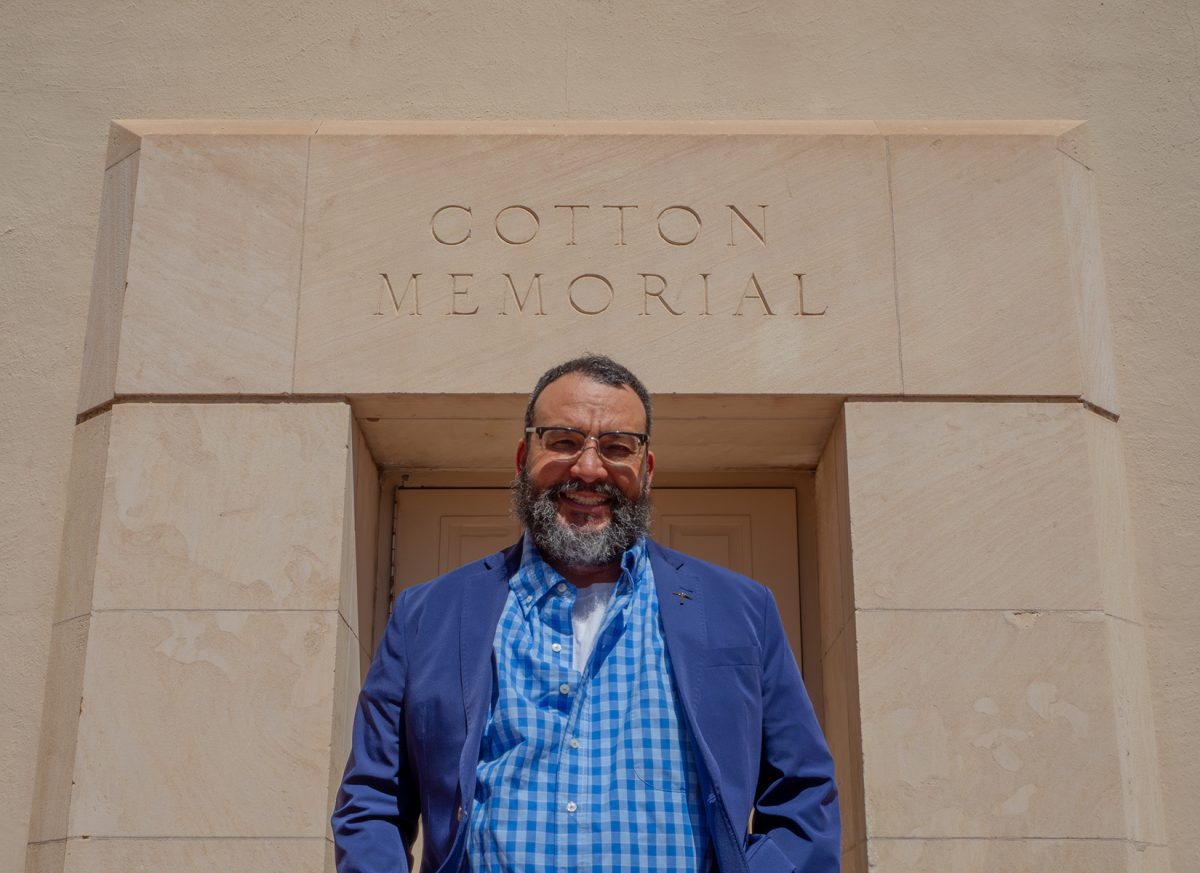While President Donald Trump plans to construct a wall between Mexico and America’s border, he has also begun to talk about breaking down the walls between church and state.
The Johnson Amendment has been recently questioned and there is talk about repealing it, according to Trump. Evidently, only Congress is able to repeal the Amendment, but Trump can push for repeal.
The Amendment prohibits all 501(c)(3) non-profit organizations from endorsing or opposing political candidates, which includes churches and other religious sects. Currently, if a church or other non-profit organization violates this law, they can lose their tax exemption status.
During the National Prayer Breakfast speech, Trump hinted at “destroying” the order that was set in 1954 by then-Senator Lyndon B. Johnson.
“Trump’s call to repeal the amendment hinges on the notion that more conservative views will be voiced through religious institutions in a way that may benefit his and Vice President Pence’s political agenda…and that may very well be true,” said José Villalobos, associate professor of political science.
Locally, El Pasoans could experience a different change with the possible repeal of the rule. Although the city identifies predominately as Catholic, there are other religions that actively practice in the city that could be affected.
“The religious community in El Paso is diverse,” Ann Horak, religious studies professor said. “There are many protestant, non-denominational and Orthodox Christian communities in El Paso as well as thriving Muslim, Buddhist, Hindu, Jewish and Baha’i groups in our city. The diversity of religious thought in El Paso and nationwide illustrates the necessity of keeping religion and the state separate—no one branch of religious thought should hold sway over our secular government. Most people who advocate for more religious involvement in government really only want their own religion to be involved, not others.”
President Trump believes that the Johnson Amendment marginalizes churches and other religious organizations on their right to freedom of speech. On the other end, the repeal has been criticized since the churches will have a lot more power than other non-profit organizations and could make political contributions tax-deductible.
“Reactions are sure to be mixed,” Villalobos said. “There are already certain religious leaders locally and elsewhere who take an active role on social issues, though not in outright political endorsements of candidates. As such, a repeal of the Johnson Amendment would certainly make it easier and perhaps more likely for political activism to rise, both for liberal and conservative causes.”
Horak said that the real hit the country will experience is the First Amendment.
“The separation of church and state is an essential component of our democracy that is included in the establishment clause of the First Amendment–‘Congress shall make no law respecting an establishment of religion, or prohibiting the free exercise thereof,’” Horak said. “The repeal of the Johnson Amendment may blur the distinction between religion and politics, but the First Amendment will continue to ensure they remain separate.”
It could also create estrangement in religion as well, where conservative religious leaders could go up against liberal religious leaders on several issues.
“Religious leaders have many ways of making it clear where they stand on certain issues outside of actually endorsing a candidate from the pulpit,” Horak said. “Persons of faith are usually well aware where their religions or denominations stand on issues, though they may or not many not vote in line with their religious beliefs on every issue.”
Although Trump is behind the idea, it does not just favor the conservative side, according to Villalobos.
“However, there are also liberal voices in religious institutions—including in sanctuary cities, where religious leaders are sometimes known to provide sanctuary to immigrants,” Villalobos said. “As such, an increase in political activism through religious entities could ensue across the conservative and liberal spectrum, as well as to potential third-party movements.”
Cult religious organizations or other movements could stem from third-party movements. Also, even if it were enacted, Villalobos believes that some church leaders may choose to stay out of politics.
“Other religious leaders, who have tread more cautiously in the past, and believe strongly in keeping politics away from their sermons, will likely continue to keep that separation in place for ethical reasons,” said Villalobos.
National polls such as the Roper Center for Public Opinion Research’s iPoll and the Latino Decisions poll have shown that a majority of both the general public and the clergy oppose churches endorsing political candidates..
“At the least, it (repeal of the Johnson Amendment) will further blur the lines of the separation of church and state by allowing religion and politics to mix more than before,” Villalobos said. “Though it would not immediately violate the Establishment Clause or Free Exercise Clause, some would worry that it might eventually blur the lines too much and eventually lead to legal disputes over whether politically-driven religious influence may delve too deeply into public policy.”









